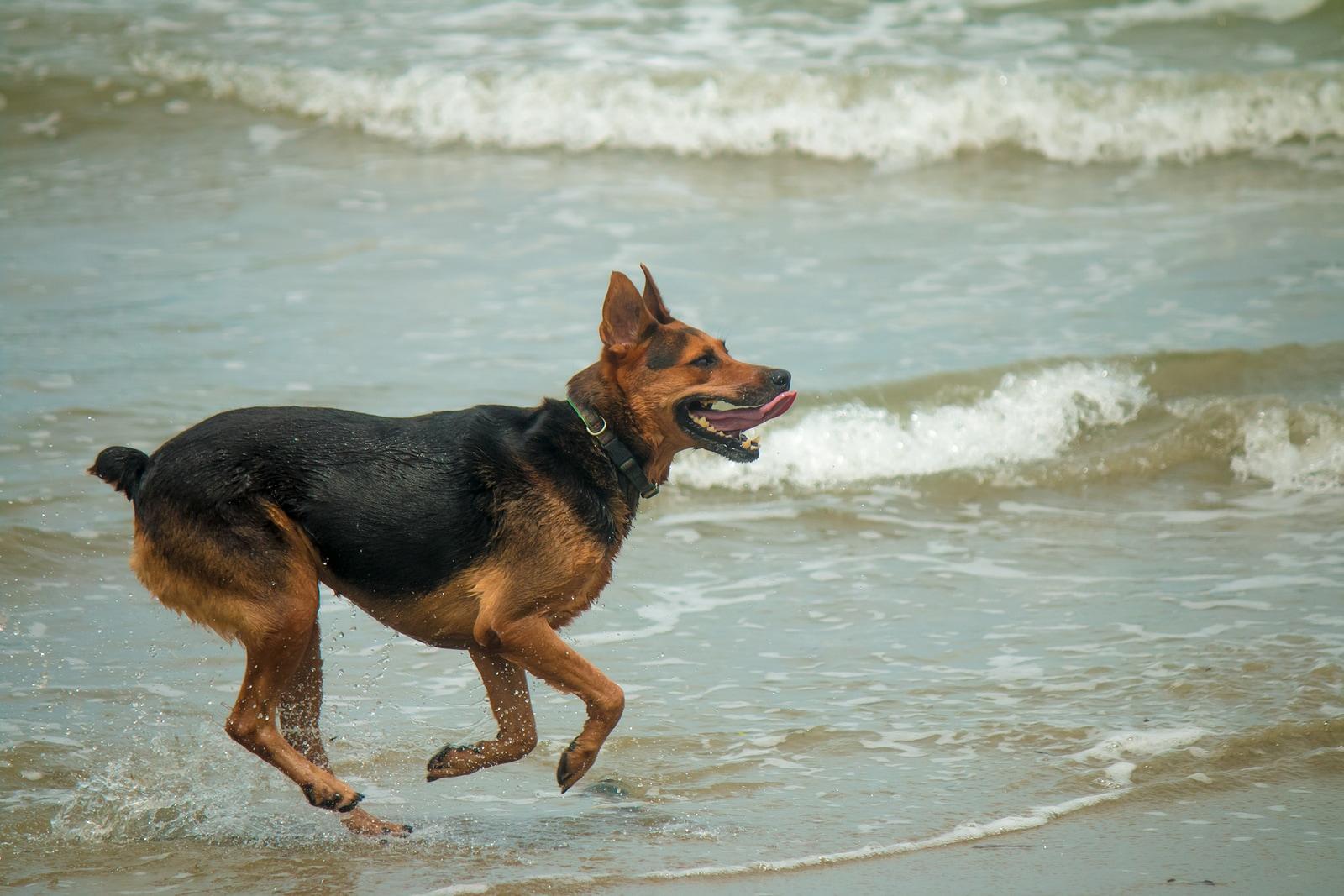
-
Find the right food for your petTake this quiz to see which food may be the best for your furry friend.Find the right food for your petTake this quiz to see which food may be the best for your furry friend.Health CategoryFeatured products
 Adult Large Breed Chicken & Barley Recipe Dog Food
Adult Large Breed Chicken & Barley Recipe Dog FoodSupports healthy joints, lean muscle, and beautiful coat for large breed dogs
Shop Now Hill's Science Diet Adult Healthy Mobility Large Breed Chicken Meal, Barley & Brown Rice Recipe Dog Food
Hill's Science Diet Adult Healthy Mobility Large Breed Chicken Meal, Barley & Brown Rice Recipe Dog FoodAdvanced nutrition shown to support joint health and improve mobility
Shop Now Adult Light Large Breed Chicken Meal & Barley Recipe Dog Food
Adult Light Large Breed Chicken Meal & Barley Recipe Dog FoodFewer calories for less active large breed dogs
Shop NowFeatured products Adult Oral Care Chicken & Brown Rice Recipe Cat Food
Adult Oral Care Chicken & Brown Rice Recipe Cat FoodClinically proven kibble technology to reduce plaque & tartar build-up
Shop Now Adult Perfect Digestion Chicken, Barley & Whole Oats Recipe Cat Food
Adult Perfect Digestion Chicken, Barley & Whole Oats Recipe Cat FoodHill's Science Diet's breakthrough nutrition supports ultimate digestive well-being & healthy microbiome
Shop Now Kitten Healthy Cuisine Tender Chicken & Rice Medley
Kitten Healthy Cuisine Tender Chicken & Rice MedleyDelicious tender chicken and rice in a mouthwatering sauce with precisely balanced nutrition to support 5 essential building blocks for lifelong health
Shop Now -
DogCat
- Cat Tips & Articles
-
Health Category
- Weight
- Skin & Food Sensitivities
- Urinary
- Digestive
- Kidney
- Dental
- Serious Illness
-
Life Stage
- Kitten Nutrition
- Adult Nutrition
Featured articles Cat vs. Dog: Which Is the Best Pet for Me?
Cat vs. Dog: Which Is the Best Pet for Me?Learn about important differences between dogs and cats, such as cost & space considerations. These factors can help you decide which pet is best for you.
Read More Adopting a Pet: What You Need to Know
Adopting a Pet: What You Need to KnowLearn the basics of adopting a pet, including where to begin and common questions you should ask yourself when deciding which kind of pet is best for you.
Read More Fun Ideas for Kids and Pets This Summer
Fun Ideas for Kids and Pets This SummerOutdoor summer activities with your dog or cat can be fun for kids, too. Learn how they also teach kids responsibility & creates a bond with their pet.
Read More -


Are you planning to take your new pup to the beach for the first time? As the weather starts to heat up, you may be excited to take him — but you may not be sure what to expect. Chances are you've heard of dog-friendly beaches, but do you know what this means?
The prospect of going to a dog-friendly beach may spark some new questions: Where should you go? What should you bring? Check out this handy guide, which could help you plan for taking dog to beach.
Plan Ahead
 Dog-friendly beaches are not usually hard to find, but it can take some investigating. Many beaches that allow dogs have rules — from requiring them to stay on a leash and keep out of specific areas to rules for you about picking up after your dog. If you have a particular beach in mind, call the beach management office or look online to familiarize yourself with the rules.
Dog-friendly beaches are not usually hard to find, but it can take some investigating. Many beaches that allow dogs have rules — from requiring them to stay on a leash and keep out of specific areas to rules for you about picking up after your dog. If you have a particular beach in mind, call the beach management office or look online to familiarize yourself with the rules.
If you'd like to let your dog run free, you might need to search for a beach that allows dogs to run off-leash. Keep in mind that this might require a longer trip than you were anticipating. Therefore, you might have to plan your itinerary accordingly — including breaks from driving so your pet can relieve himself and stretch his legs. If you'll be traveling away from home, it's also a good idea to look up contact information for emergency veterinary clinics near your final destination (just in case your beach buddy runs into trouble).
What to Bring
When you go to the beach, you usually take along more than just your swimsuit. Taking dog to beach is no different. Here are some supplies you'll want to bring to keep your pooch safe — and help make the day relaxing and fun:
- Bottled water
- A water dish
- A beach umbrella or shade screen
- An all-weather dog bed or a dog blanket
- A playpen to keep small dogs safely corralled
- Plenty of towels
- Canine sunscreen
- A canine life vest with a handle
- Baggies to clean up after him
- Food and treats
- Floating and waterproof dog toys
- Dog booties to protect his paws from the hot sand
- Doggles (dog goggles) to shield his eyes from sun and salt
- A doggy first aid kit
- A waterproof GPS tracker that can attach to his collar


Tasty Tips
Beach Safety
 Even if you're a new pet parent, you probably know by now that dogs are good at getting into scrapes. Follow these tips to minimize your dog's chances of illness or injury:
Even if you're a new pet parent, you probably know by now that dogs are good at getting into scrapes. Follow these tips to minimize your dog's chances of illness or injury:
- Before letting your pup explore, comb the beach for any litter he might try to eat or sharp objects, such as broken bottles, soda cans or seashells that could cause injury.
- Don't let him drink sea water. If you notice signs that he's getting hot or thirsty, give him plenty of fresh water to drink.
- Protect him from getting overheated, which could lead to heat exhaustion or stroke. Keep an eye on him and have him lie on a bed or blanket in the shade and drink water if he starts panting a lot or begins acting tired. If he begins to act lethargic or disoriented — or if his breathing doesn't return to normal — contact the emergency vet immediately. Certain flat-faced or extremely fluffy dogs, such as bulldogs and huskies, will need extra supervision to stay cool, says Unleashed.
- Have him wear booties to protect his paws from getting burned on hot sand, and dark goggles made for dogs to protect his eyes from sun damage.
- Coat his nose, ears, and any other areas with thinning fur with sunscreen made for dogs. Dogs are as susceptible to sunburns and skin cancer as we are. Prevent light-colored dogs from spending too much time in the sun, as their fur won't provide much protection.
- Have him wear a life vest if he goes for a swim or engages in dog water sports. Even dogs who are excellent swimmers can grow tired and run into trouble. A vest with a handle on the back will make it easier to pull him to shore if necessary.
- Make sure he wears a collar with his ID, including your contact info, at all times in case you become separated. Consider attaching a waterproof GPS tracker. This is especially important for dogs that get curious of other creatures like seagulls or other dogs at the beach. If your dog is still a pup and going through training, you will need to keep him tethered to you to prevent him getting away. It might also be a good idea to wait until he is old enough and trained to truly enjoy a day at the dog beach.
Take a minute to wash the salt water off your dog's coat once you're tuckered out and ready to go home. This will keep him from itching or licking too much salt off himself. Most public beaches have a hose or outdoor shower station but be courteous of the humans who may be using it.
With all of this in mind, it might seem like preparing to take your dog to the beach is, well... no day at the beach. But as a good pet parent, you want to do all you can to make your pup's first time at the beach happy and memorable. And once you're prepared, you'll also be ready for future trips, which means those spontaneous beach days with your pooch can become a summer tradition.


Jean Marie Bauhaus is a pet parent, pet blogger, and novelist from Tulsa, Oklahoma, where she usually writes under the supervision of a lapful of fur babies.
Related products

Advanced nutrition shown to support joint health and improve mobility

Fewer calories for less active large breed dogs

Fewer calories for less active dogs

Supports healthy joints, lean muscle, and beautiful coat for large breed dogs
Related articles

Learn about choosing the right dog food to help ensure your mature older dog will receive the correct balance of nutrition.

Though it may seem like your four-legged friend loves nothing more than to nap on the couch, dogs need regular exercise to stay healthy just like people do.

Learn how to stop your dog from begging at the dinner table, and understand how it can help contribute to his health.

A little exercise can make a big difference. Not only will it enhance your pet’s health, but it will beef up your relationship as well.

Put your dog on a diet without them knowing
Our low calorie formula helps you control your dog's weight. It's packed with high-quality protein for building lean muscles, and made with purposeful ingredients for a flavorful, nutritious meal. Clinically proven antioxidants, Vitamin C+E, help promote a healthy immune system.
Put your dog on a diet without them knowing
Our low calorie formula helps you control your dog's weight. It's packed with high-quality protein for building lean muscles, and made with purposeful ingredients for a flavorful, nutritious meal. Clinically proven antioxidants, Vitamin C+E, help promote a healthy immune system.

